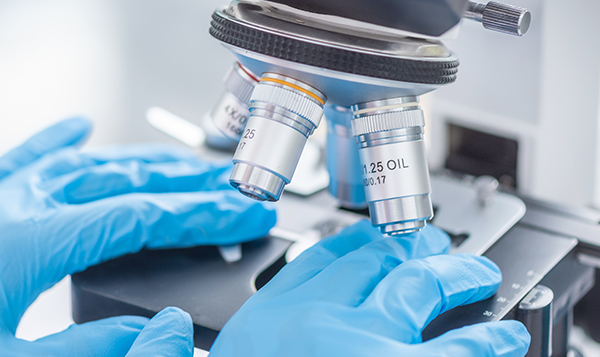
As clinical physicians approach patients’ diseases by using various information, pathologists approach diseases based on accurate diagnoses through histopathological, cytopathological, immunopathological, and molecular pathological examinations. Accurate diagnosis is the starting point of optimal patient care. Pathological diagnosis is most important in confirming diseases.
Unlike in the past where it focused on simply diagnosing diseases, pathological diagnosis is evolving to comprehensive diagnosis for disease classification according to biological, immunological, and molecular genetic characteristics and predicting patients’ prognoses.
In keeping with the change, a number of new clinical therapies have been developed and applied to patients. This opened doors to the new era of customized treatment; accordingly, the importance of pathology is increasing.
The history of the Department of Pathology at the Korea Cancer Center Hospital was started in December 1963 when the Department of Clinical Pathology was established within the Research Institute of Radiological & Medical Sciences. At the time, the Department of Pathology and Department of Laboratory Medicine had not been separated. In February 1985, the Department of Pathology (Department of at the time) was independently established. In 1989, the groundwork was laid for the department as resident training began. Since then, the department has been faithfully playing its role within the cancer hospital, such as conference with pathological diagnosis and clinical departments, education, and research. In line with the increased demand for immunopathology, introduction of molecular pathology, and need for professional personnel in detailed clinical fields, the Department of Pathology currently has five specialists and over 20 top-quality pathology technicians and office staff.
Performing over 14,000 histopathological, 20,000 cytopathological, 1,600 frozen section, 15,000 immunopathological, and 5,000 molecular pathological examinations each year, the department also conducts cancer and radiotherapy-related researches actively while participating in weekly conferences with clinical departments and external scientific conferences as well as holding internal conferences for rare and difficult cases.
